
Why Up to 80% of Us are Deficient in Magnesium
Why Up to 80% of Us are Deficient in Magnesium
Magnesium is an important mineral for our health. It affects many of the functions of our body as well as our sleep and muscle recuperation. Despite its importance, thousands of people in the United States are deficient. This is everything you need to know about magnesium, magnesium deficiency, and how to keep your levels in check.
Magnesium and Magnesium Deficiency

So what is magnesium, really, and why is magnesium deficiency so detrimental to our health? To start, magnesium is a mineral, yes, but it is also an important electrolyte. It is naturally present in many foods, and sometimes companies fortify food products with it. This mineral/electrolyte is incredibly important for the functioning of our body’s organs and systems.
In fact, it is a cofactor for more than 300 enzyme systems that regulate a huge range of chemical reactions in our bodies. These include muscle and nerve function, protein synthesis, blood glucose control, energy production, and blood pressure regulation. It is involved in the formation of DNA and important antioxidants, as well as it transports calcium and potassium across cell membranes so that our hearts beat regularly. All of this is also just the tip of the iceberg. (1)
Where Do We Store Magnesium?

We store most of the magnesium in our bodies, bones, and soft tissues. Very little is left to float in the bloodstream. Normal blood magnesium levels (serum magnesium) are between 0.75 and 0.95 millimoles per liter. If your levels are below that 0.75 mark, you are considered to have hypomagnesemia or magnesium deficiency. You can do blood tests for magnesium levels, but this does not necessarily indicate how much of the mineral you have stored in your cells. For this reason, assessing magnesium status can be tricky. There are other methods, such as saliva and urine tests. However, none of the current methods are actually considered satisfactory.
Recommended intakes for adult men range from 400mg to 420mg per day, depending on age. For adult women, these are 310mg to 320mg, again depending on age. For pregnant women, this range is 360 to 400, again depending on age. Lactation is also age-dependent, ranging from 310mg to 360mg.
Signs of Magnesium Deficiency

There are many reasons why someone might become magnesium deficient. Besides simply having a poor, magnesium-deficient diet, things like chronic disease, alcohol abuse, medications, gastrointestinal and renal losses (for example, diarrhea and surgeries), and many other conditions can affect one’s magnesium status. There are various signs and symptoms of magnesium deficiency, all of which generally depends on how deficient you are, among other things.
Signs and Symptoms of Magnesium Deficiency Include(2,4):
- Mild tremors
- Generalized weakness
- Heart attacks
- High blood pressure
- Irregular heartbeat
- Asthma
- Osteoporosis
- Mental health conditions
- Muscle twitches and cramps
When it comes to deficiency statistics, things can range depending on the population you’re looking at. Doctors see magnesium deficiency in about 2% of the general population. Hospitalized patients increase to 10%-20%. Approximately 25% of outpatients with diabetes have a deficiency. In intensive care, this goes up yet again to 50%-60%, and for people with alcohol abuse disorder, this range can be anywhere from 30% up to 80%. Still, other research shows that 10% to 30% of the population of developed countries are magnesium deficient. For post menopausal women, these numbers go even higher. (3) So while a small percentage of the general population is thought to be deficient, it really comes down to individual needs.
Foods To Boost Your Magnesium Intake

Thankfully, as already mentioned, you can find naturally occurring magnesium in many, many foods. The following is a list of foods in which you can find magnesium in significant amounts:
- Pumpkin seeds (roasted or raw)
- Chia seeds
- Dry roasted almonds
- Spinach
- Dry roasted cashews
- Shredded wheat cereal
- Soy milk
- Black beans
- Edamame
- Peanuts and Peanut butter
- Potatoes
- Brown rice
- Yogurt
- Oatmeal
- Fortified breakfast cereals
- Kidney beans
- Banana
- Atlantic salmon
- Milk
- Halibut
- Raisins
- Whole wheat bread
- Avocado
- Chicken breast
- Lean ground beef
- Broccoli
- Apples
- Carrots
As you can see, there are plenty of options for magnesium-rich foods. Of course, magnesium supplements are another way to go. Supplements are available in various forms, including magnesium citrate, oxide, chloride, and glycinate (or bisglycinate). They are sold in various formats including powders, liquids, and pills. As always, talk to your doctor before taking any new supplements, especially if you are already on medications or taking a variety of other supplements.
News in the same category


Everything You Need to Know About Eczema on the Ears

Tips for Dealing With Nail Psoriasis

Two Family Habits That Increase the Risk of Cancer for Everyone – Avoid Them Now to Prevent Regret
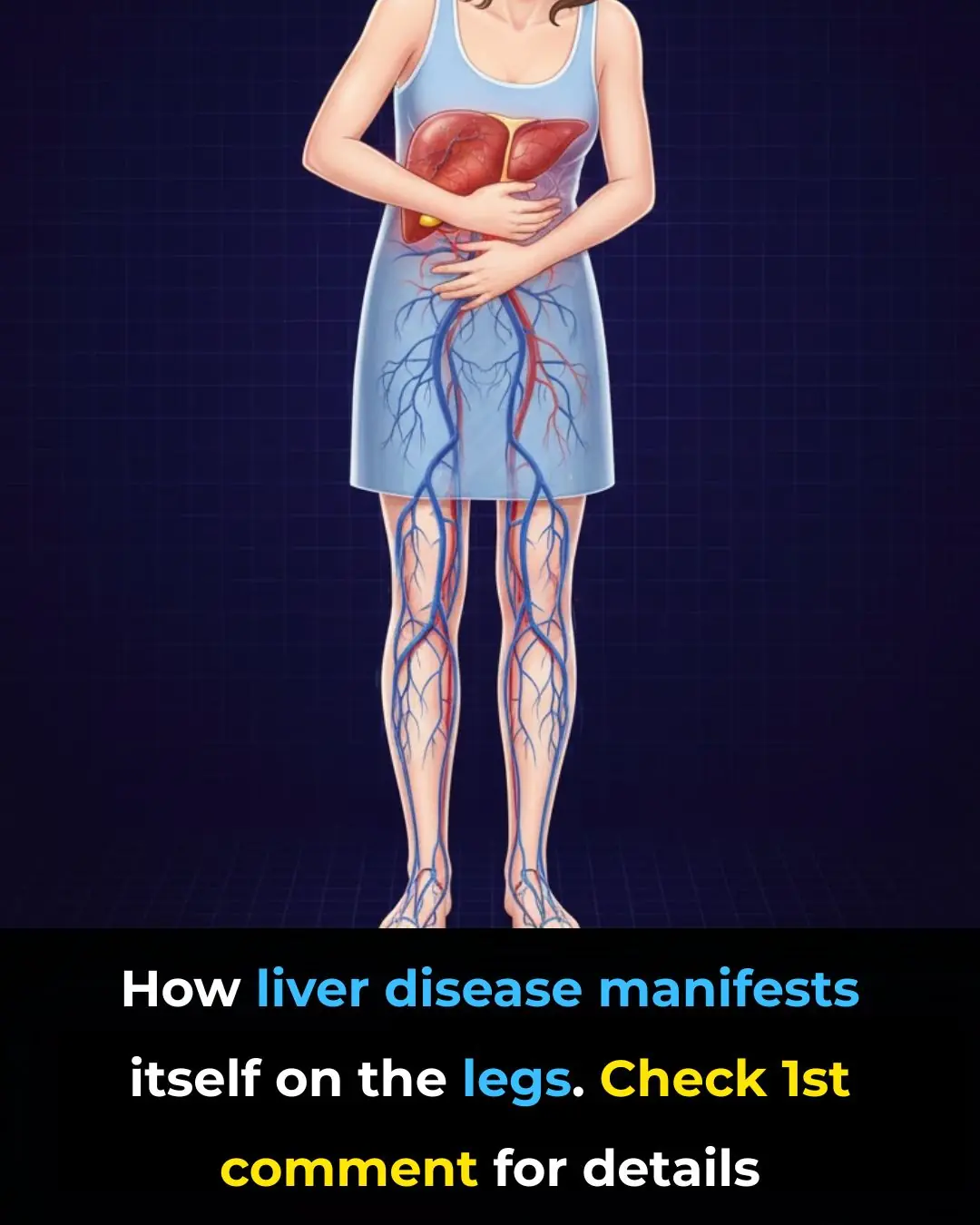
Your legs are screaming ‘HELP!:’ 5 warning signs from your liver

Nighttime Olfactory Enrichment and Cognitive Enhancement in Older Adults
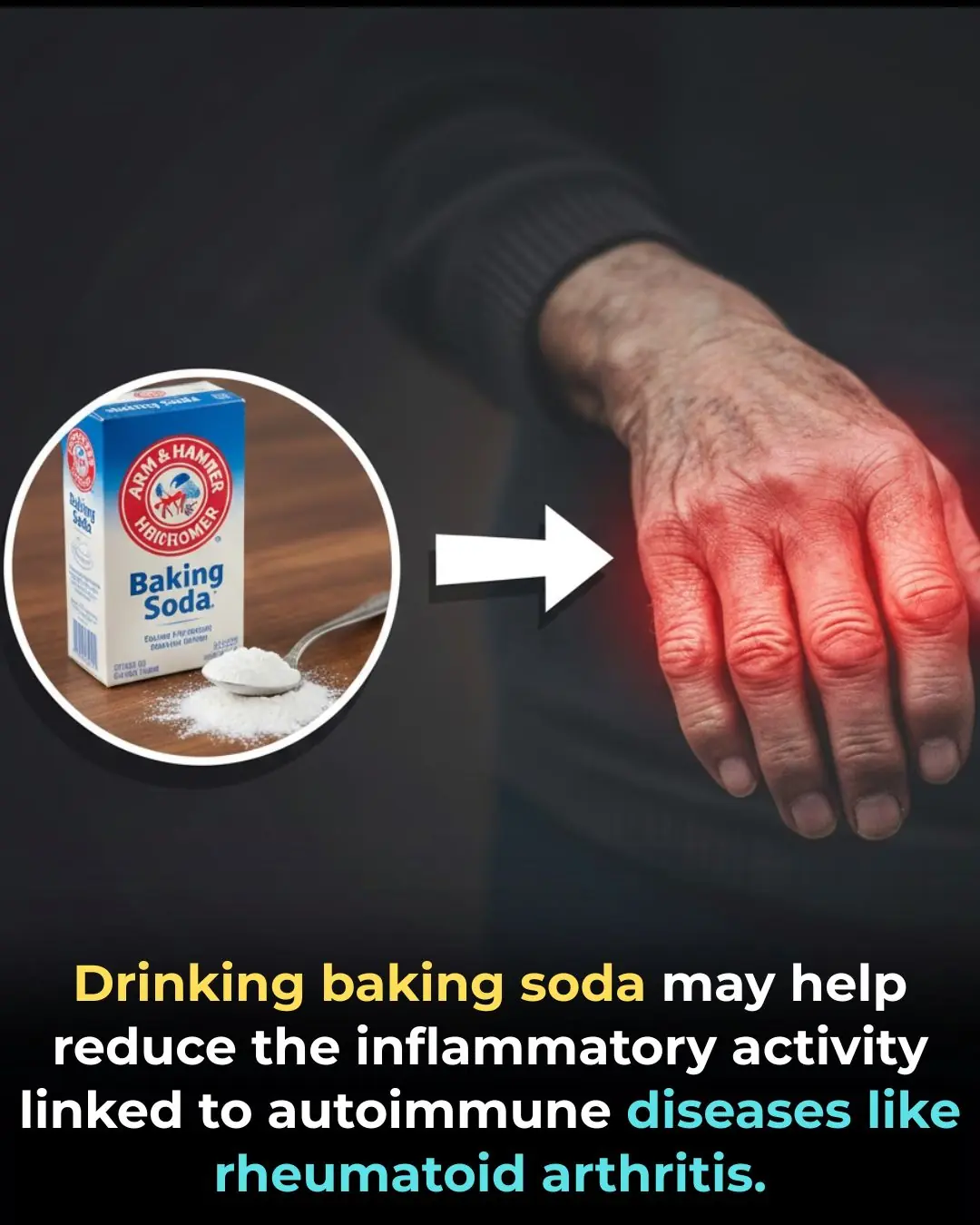
Sodium Bicarbonate and Immune Regulation: Evidence for an Anti-Inflammatory Mechanism
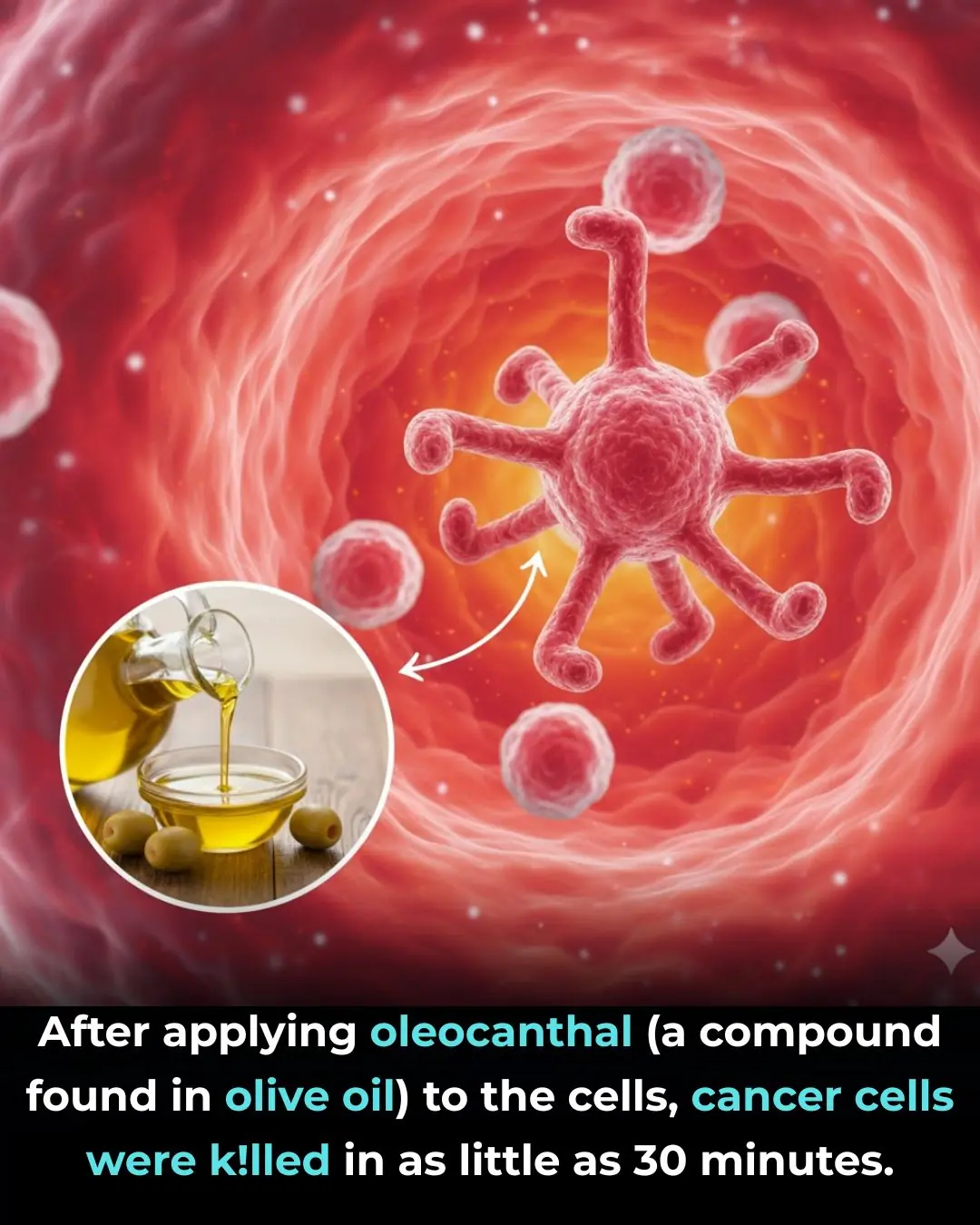
Oleocanthal from Extra-Virgin Olive Oil: A Multi-Targeted Anti-Inflammatory and Anti-Cancer Compound

Fenbendazole and Unexpected Cancer Remission: Insights from a 2024 Case Report
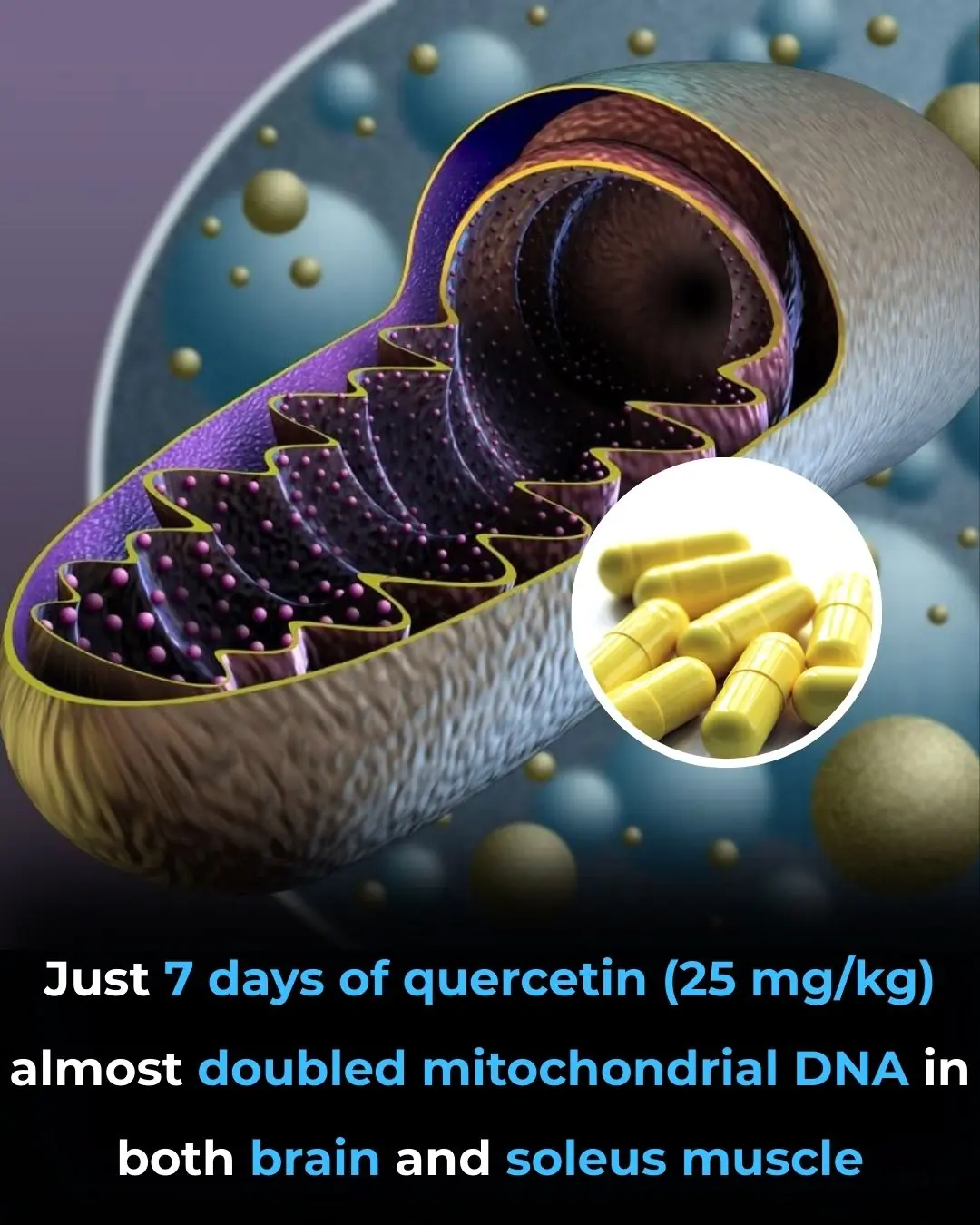
Quercetin as an Exercise Mimetic: Enhancing Mitochondrial Biogenesis and Physical Performance
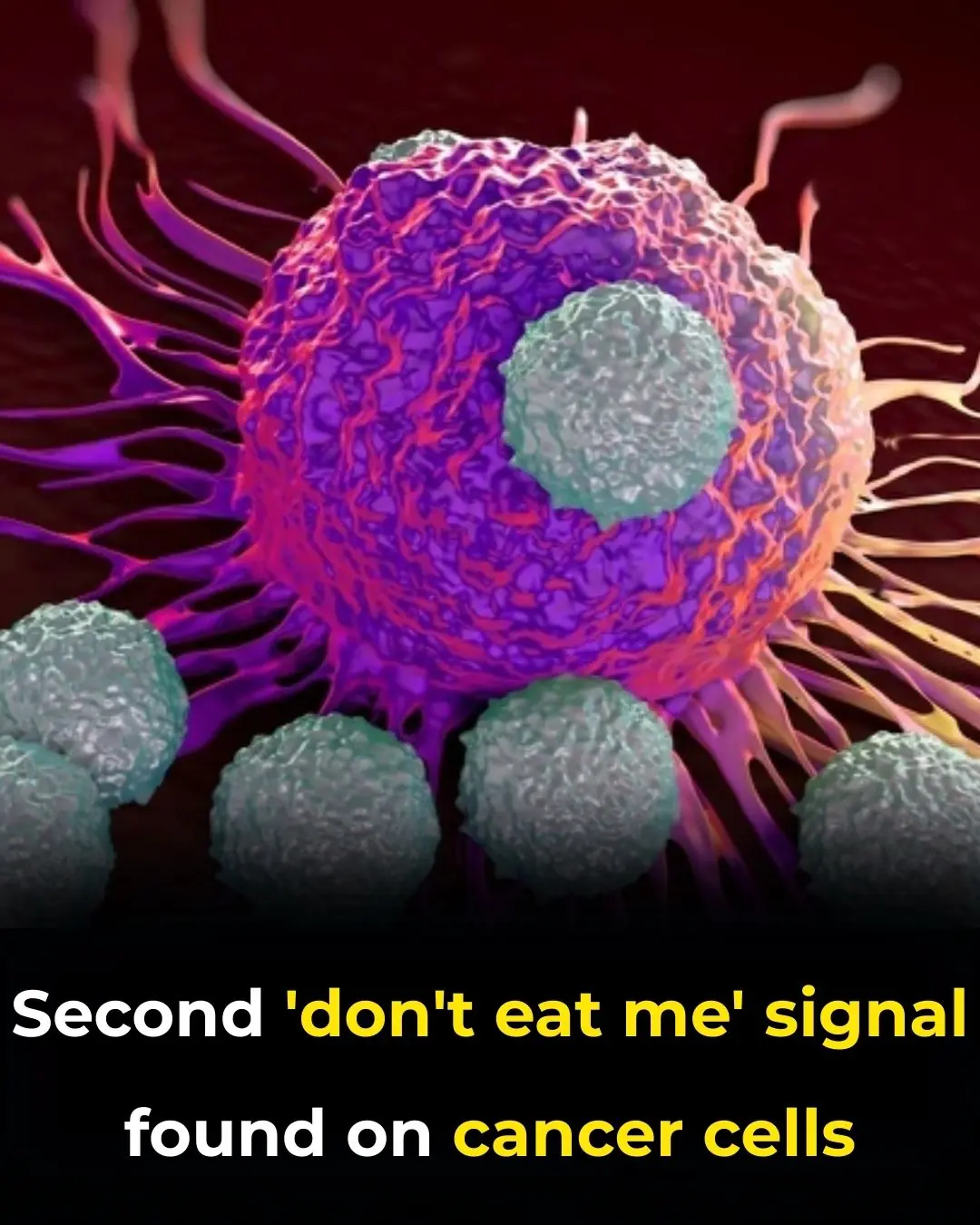
Dual “Don’t-Eat-Me” Signals: A New Paradigm in Cancer Immune Evasion
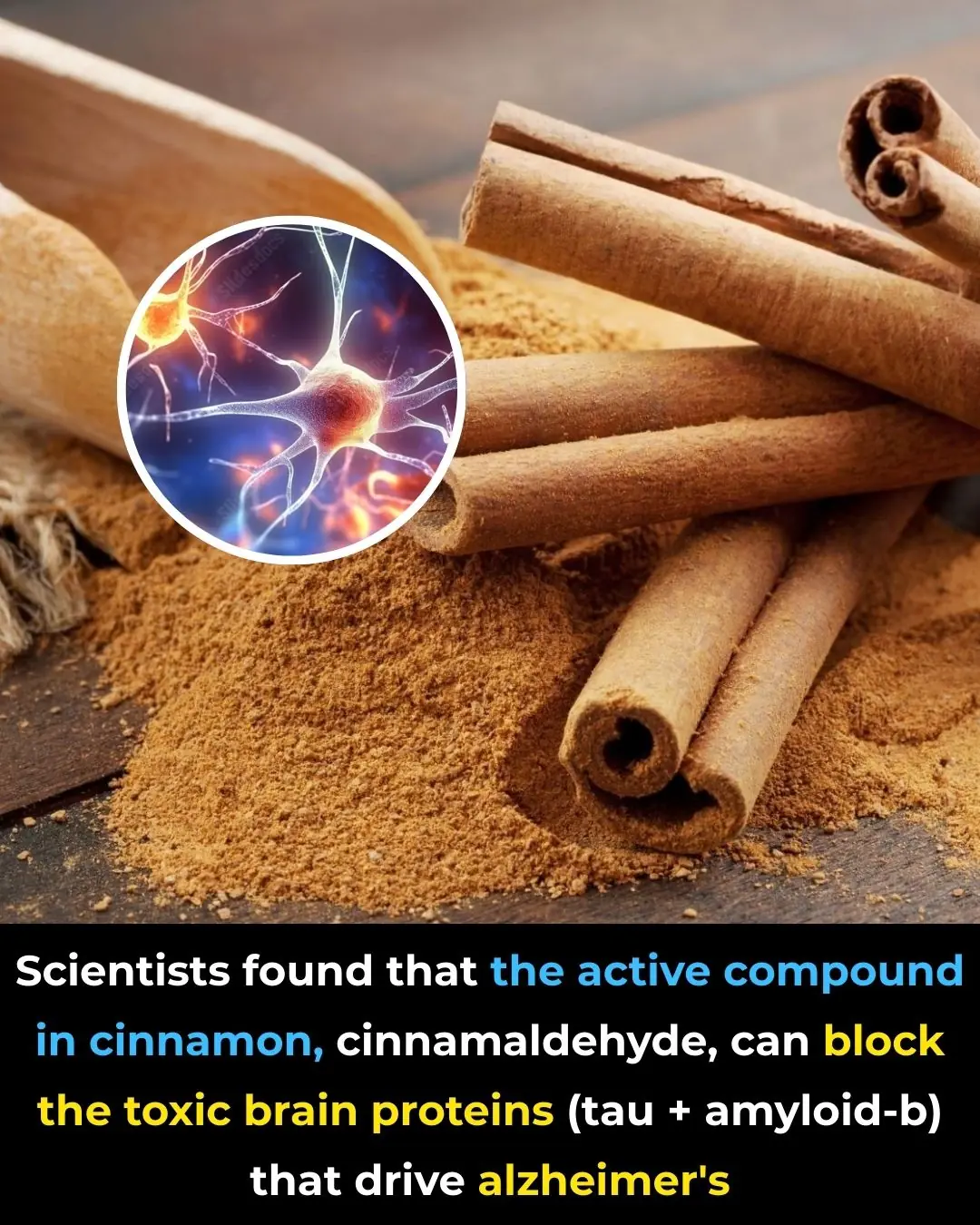
Cinnamon and Neuroprotection: Evidence for Anti-Alzheimer’s Mechanisms
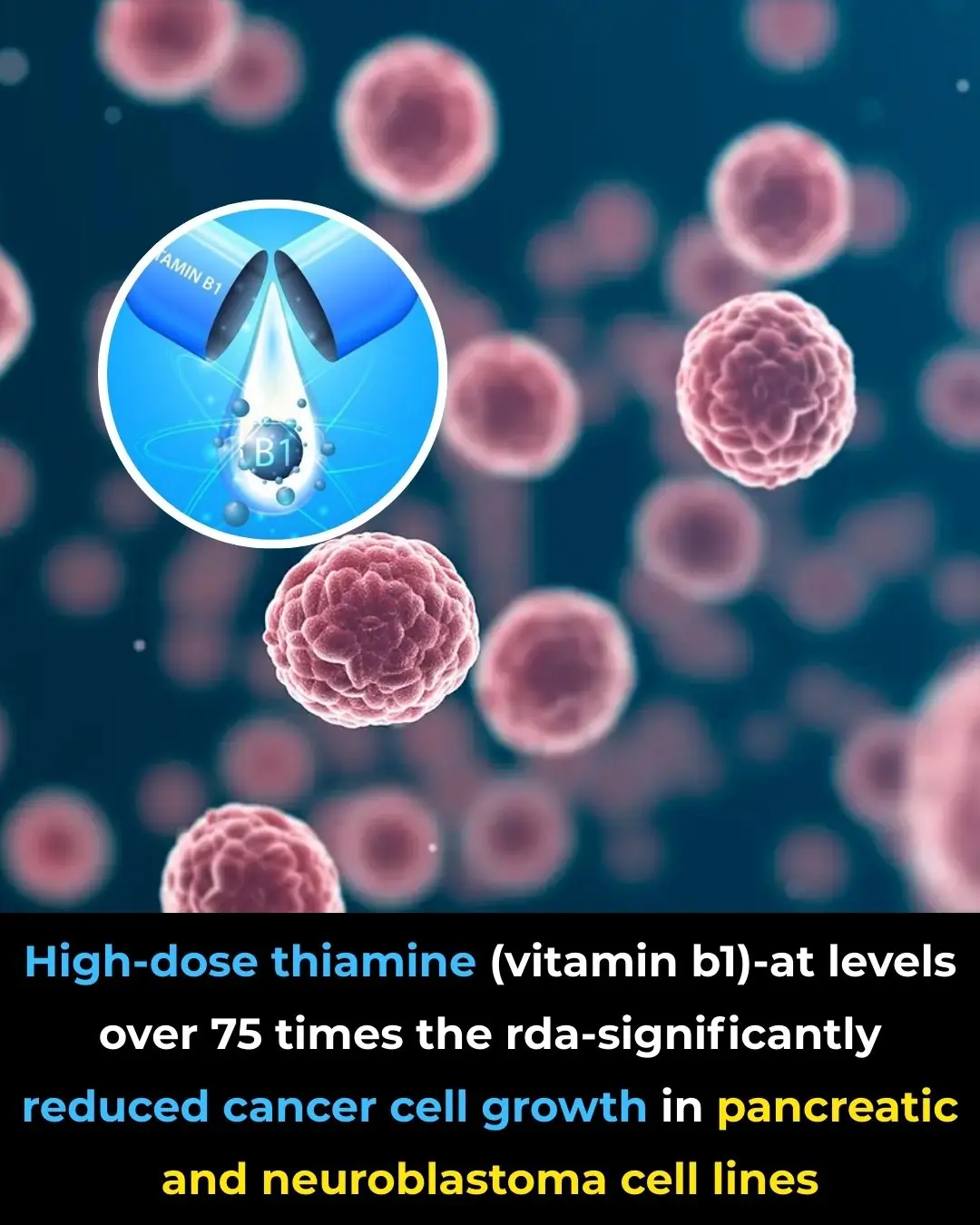
High-Dose Thiamine and Cancer Cell Metabolism: Evidence from Experimental Cell-Line Studies

How to Improve Blood Circulation Naturally (Research Based)

The Most Effective Ways to Naturally Get Rid of Clogged Ears
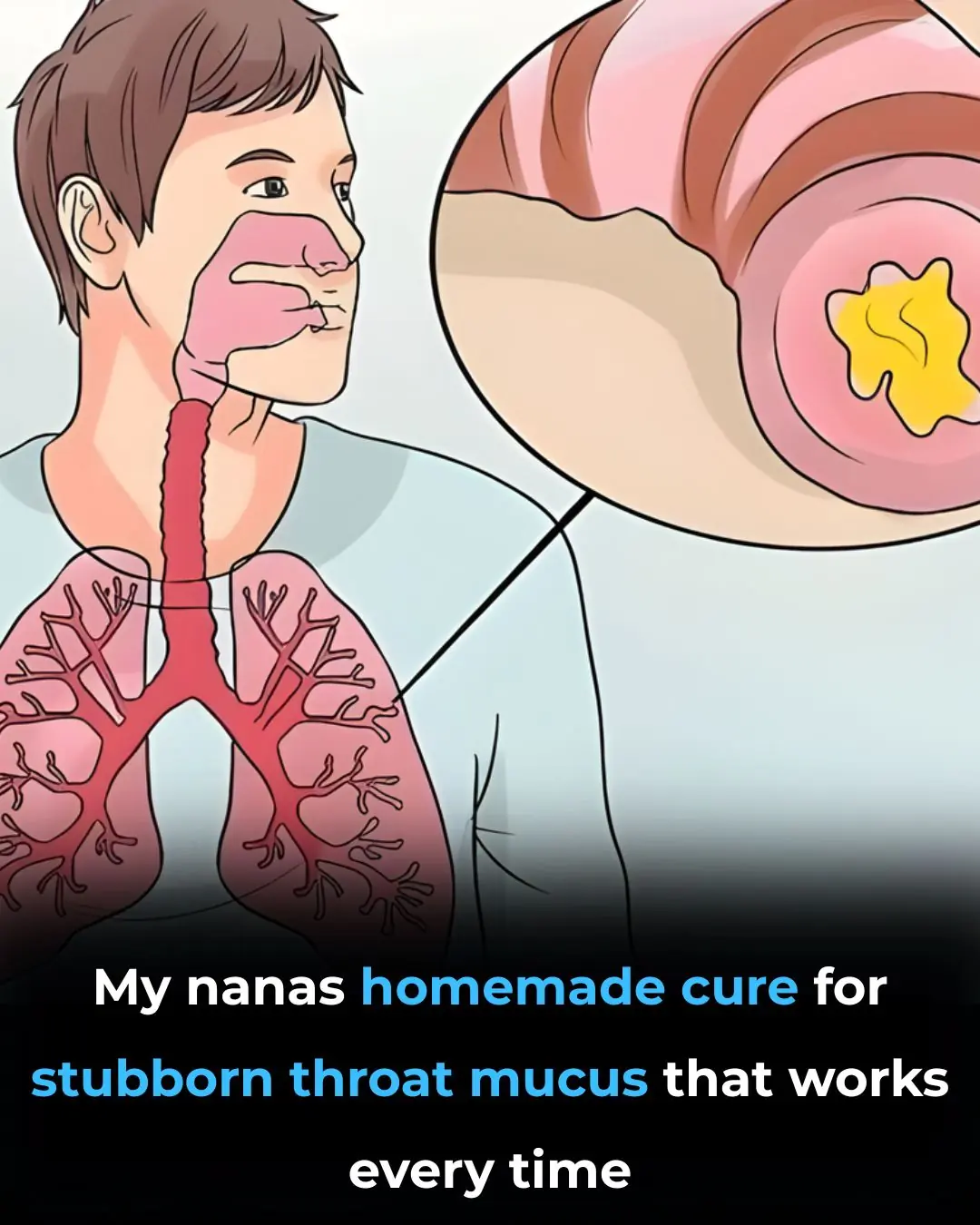
Get Rid of Throat Mucus Faster With These Home Treatments (Evidence Based)

The Most Likely Symptoms of a Gallbladder Problem (Don’t Ignore Them)

Why Hearing Running Water Makes You Suddenly Need to Pee

The strange phenomenon of sleep paralysis: When the body stops listening

Surprising Health Benefits of Purslane (Portulaca oleracea)
News Post

A 65-Year-Old Man Collapses at Midnight: Doctors Warn Against Four Drinks Not to Consume Before Sleeping

Everything You Need to Know About Eczema on the Ears

Tips for Dealing With Nail Psoriasis

Two Family Habits That Increase the Risk of Cancer for Everyone – Avoid Them Now to Prevent Regret

Your legs are screaming ‘HELP!:’ 5 warning signs from your liver

Nighttime Olfactory Enrichment and Cognitive Enhancement in Older Adults

Sodium Bicarbonate and Immune Regulation: Evidence for an Anti-Inflammatory Mechanism

Oleocanthal from Extra-Virgin Olive Oil: A Multi-Targeted Anti-Inflammatory and Anti-Cancer Compound

Fenbendazole and Unexpected Cancer Remission: Insights from a 2024 Case Report

Quercetin as an Exercise Mimetic: Enhancing Mitochondrial Biogenesis and Physical Performance

Dual “Don’t-Eat-Me” Signals: A New Paradigm in Cancer Immune Evasion

Cinnamon and Neuroprotection: Evidence for Anti-Alzheimer’s Mechanisms

High-Dose Thiamine and Cancer Cell Metabolism: Evidence from Experimental Cell-Line Studies

My heels are splitting open—no lotion helps. What else can I do? Should I see doc?

My aunt swears by this trick to reduce the look of thinning eyebrows that takes almost 0 work. Here's how it works

These purple veins appeared out of nowhere, and my doctor appointment is still weeks away. Should I worry?

Brown flat spots keep showing up on the back of my hands. Doctor appt is forever away. What should I do?

How to Improve Blood Circulation Naturally (Research Based)

The Most Effective Ways to Naturally Get Rid of Clogged Ears
